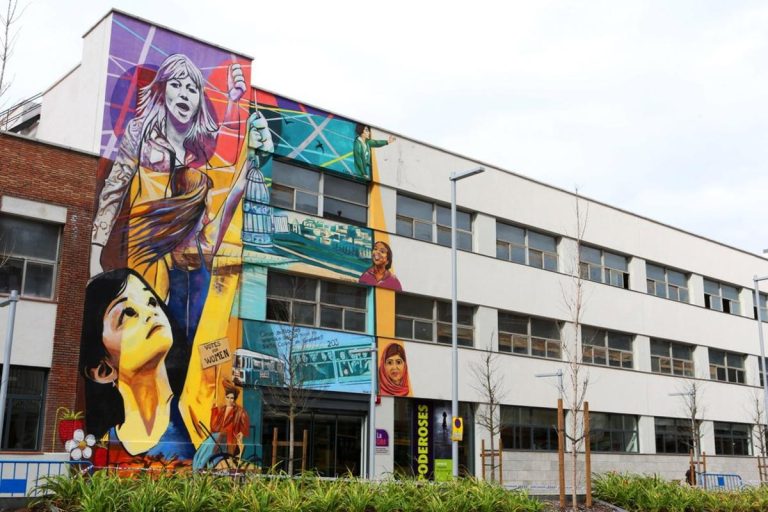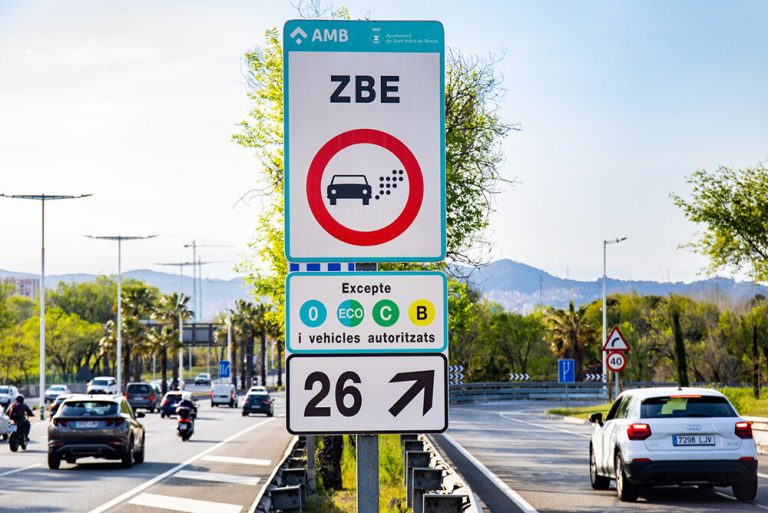There is a lot of enthusiasm around the relationship between cities and data, as it promises to solve various urban problems, from predictive policing to improving traffic flow and promoting energy efficiency. If it’s done right, data can help policy makers understand how cities and neighbourhoods grow and evolve.
Researchers are using data from internet sources to develop insights into cities and urban change. Examples include Street View images being used to examine the role of race in gentrification and neighbourhood transformation; real estate website data is used to analyse housing prices across metropolitan areas; Twitter data can help chart regional preferences and patterns of behaviour.
Satellite data allows researchers to gather systematic and comparable data across global cities, in terms of economic output, economic size or spatial organization. The data is subject to considerable limits, but it still provides valuable rough estimates that were previously hard to come by.
Accurately characterizing “big data”
Not all data from new sources qualifies as “big data,” which—as its name implies—refers to truly massive amounts of information. Max Nathan of the London School of Economics says big data can be broken down into three key categories: internet data, government-sponsored data, and Census and related data. He says big data can also be thought of in terms of ‘four V’s’: variety, volume, velocity (real-time data) and veracity (raw data).
Actual big data often requires data analytics methods like machine learning to process and derive meaning from such large troves of information. When used appropriately, big data and new data analytics can help researchers discern urban structures and patterns that traditional data and methods might not uncover on their own.
A great example of using big data is a recent NBER study by Harvard and MIT which uses computer visioning to better understand geographic differences in income and housing prices – it examines the extent to which positive physical attributes in Google Street View images in Boston and New York (i.e. size and green space) attract more affluent residents and predict incomes and housing prices.
The study finds that “images can predict income at the block group level far better than race or education does.” The research notes that a key purpose of big data is to help illuminate the role of smaller geographic areas in our urban economies, which are harder to get at with traditional Census data. The authors conclude that big data offers “some hope that Google Street View and similar predicts will enable us to better understand patterns of wealth and poverty worldwide.”
Problems and limitations
Social scientists urge caution in using big data, despite its potential to advance our observation and development of cities.
A 2014 workshop gathering around 40 urban social scientists and data users identified key issues surrounding big data, from data quality and compatibility to the use of new analytical techniques and questions of privacy and security. The workshop summary notes that developing theory to go along with the new methods and data is critical, but often sidelined. They highlight the fact that using big data ‘without theory’ can be successful when there is a relatively simple problem and when there can be a fast enough reaction time for certain corrections to be applied – like when cities want to optimize things such as service delivery – but that it wouldn’t work well for complex systems with long time horizons, like most social systems.
No matter how powerful big data and new analytics may be, they are no real substitute for nuanced human reasoning about cities. The real power lies in using these new tools to test and deepen the insights of cutting-edge urban theory. Ideally, we can combine these techniques in ways that deepen our understanding of the underlying ‘urban genomics’ of neighbourhoods, cities, and urban areas.
Source and photo: citylab.com





